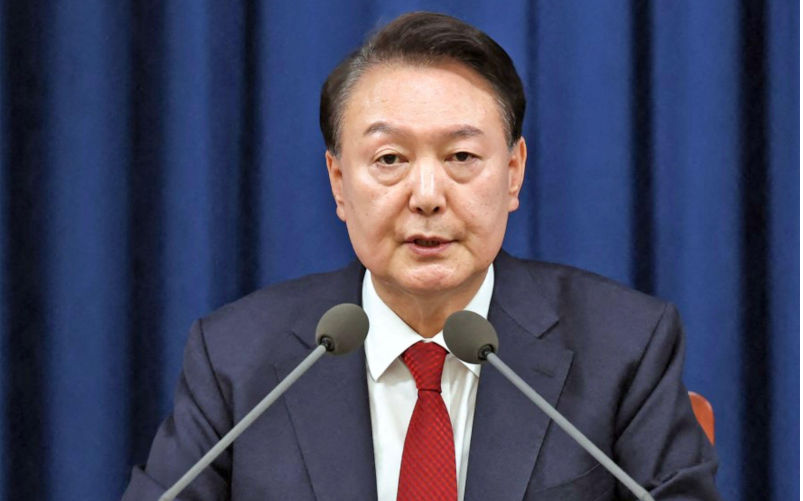South Korean President Yoon Suk-yeol’s abortive attempt to impose martial law has triggered a very serious constitutional firestorm and presented the US with an extremely complicated challenge. Yoon pathetically claimed he was responding to a growing North Korean threat “within his government”, but it was obvious that his dramatic move was born out of his frustration with the National Assembly. (more…)
Author: Mack Williams
-

“Be prepared”: The US of Trump 02 is a foreign country
We must recognise that over 50% of US voters have now elected Trump. The almost cult-like MAGA can no longer be regarded as an aberration. Countries like Australia now have to recognise just how this new US increasingly is becoming a “foreign” country.
(more…) -

Serious concerns about the AUKUS submarine deal are not going away
Despite continuing optimism from Prime Minister Albanese and Defence Minister Marles and the defence commentariat about the AUKUS submarine deal it continues to attract significant uncertainty and doubt in the wider community. This centres around issues such as sovereignty , our industrial capability to manage the construction and longer term maintenance and the massive donation ( over $A4 billion) to the US’s own worrying ailing defence industry. (more…)
-

Unmanned ships for RAN : Here we go again – idea without a concept !
There has been significant media discussion (including P&I) of Defence Minister Marles’ recent announcement of the Surface Ship Review for the RAN – a step towards remedying the Defence procurement shambles inherited by the Albanese government and conducted by yet another retired US admiral! But there has been scant attention to the rabbit out of the hat Marles produced to provide six large unmanned ships of an as yet undecided US design – let alone a concept of how they might best be deployed. All of which has been the subject of long and often acrimonious debate in the US. (more…)
-
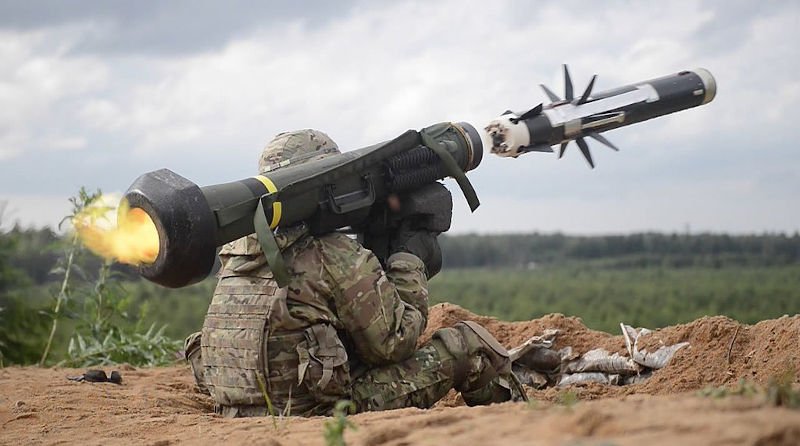
Ukraine highlights our defence procurement shambles
The Ukraine invasion has thrown into sharp focus the massive failure of successive Australian government’s defence procurement programs to strengthen our military capability. (more…)
-
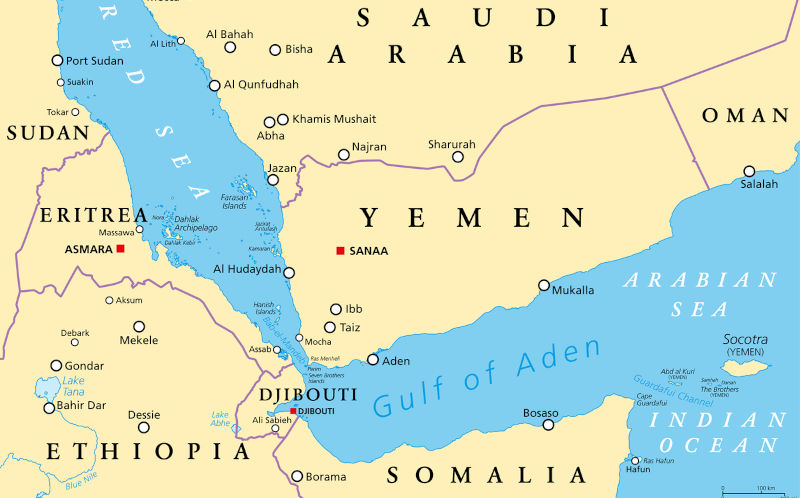
US struggling with Operation Prosperity Guardian in Red Sea
Few countries are offering ships and reportedly a significant number want their support to remain secret! The token Australian response has turned out to be not out of keeping with that of many similar countries. (more…)
-

The Red Sea: Think it through before jumping!
Last week the self-appointed “strategic” experts’ in the Opposition predictably were quick off the mark to criticise Prime Minister Albanese for taking time to carefully consider a US Navy approach (in public) for an RAN ship to be deployed to yet another US “coalition of the willing” in the Middle East. This time to mount an international response to attacks on international shipping in the Red Sea by the rebel Houthi regime controlling much of Yemen. (more…)
-
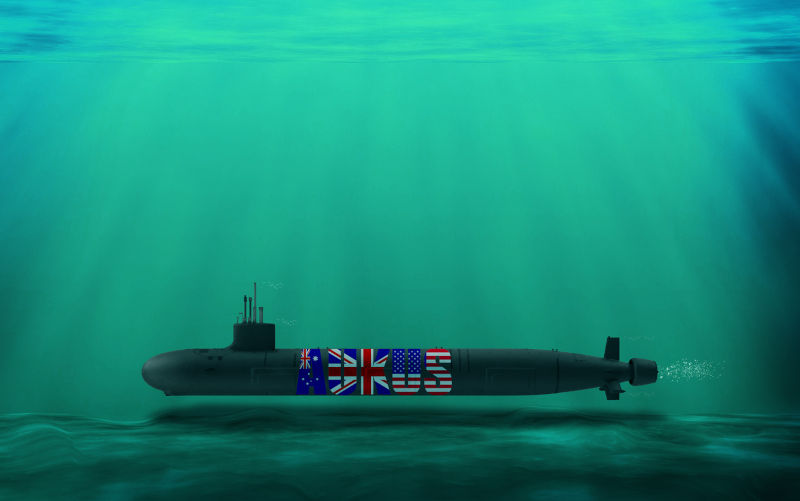
AUKUS submarine deal: the jungle ahead
The impressive US Congressional Research Service (CRS) has just released another batch of independent analyses of the daunting challenges the Pentagon – especially the US Navy – face in meeting the demands to upgrade significantly its force capabilities in the Indo Pacific. All of which is now confronted by the extraordinarily chaotic legislative environment occasioned by the Republican shenanigans over the House Speaker’s position. (more…)
-
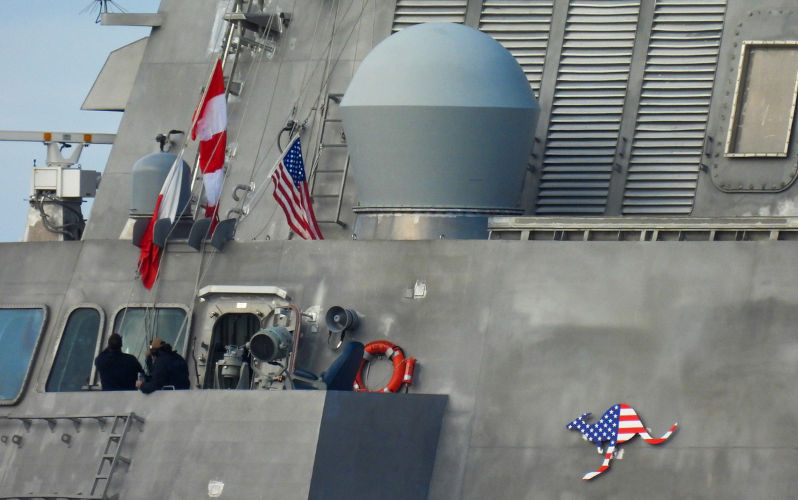
‘Little Crappy Ship’: report excoriates ship building program behind USS Canberra
A new US investigative report has excoriated the controversial Littoral Combat Ship (LCS) program which included the USS Canberra – commissioned in very unusual circumstances with great fanfare by the US Navy recently in Sydney. Should its revelations about the manifest failures in the USN’s procurement performance – with former officers describing the LCS class as like a “box floating in the ocean” – force the Australian government to rethink its reliance on hiring retired US admirals and senior Pentagon officials to advise us on our defence programs? (more…)
-

Ceding more territory to the US military? Will Cocos Islands be Australia’s Diego Garcia
The Australian government has reneged on its 1984 commitment to the UN “that it had no intention of making the Cocos (Keeling) Islands into a strategic military base or of using the Territory for that purpose.” Will the Labor government ignore the warnings of the late Richard Woolcott and make the Cocos Islands a militarised version of the US Diego Garcia? (more…)
-
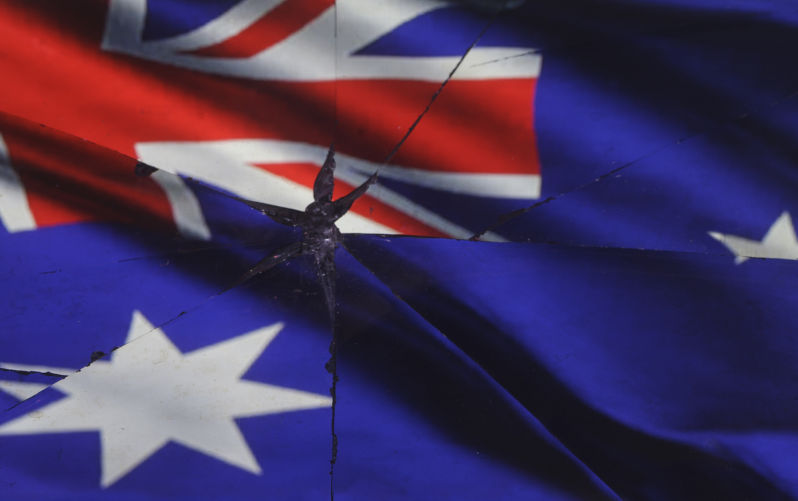
Vale sovereignty “Combined Intelligence Centre – Australia”
In his recent comprehensive P&I article ( “Abandoned sovereignty: Australia’s intelligence function colonised by US”) Mike Scrafton has raised serious concerns about Defence Minister Marles’ announcement at the recent AUSMIN talks of the creation of “Combined Intelligence Centre – Australia” within our Defence Intelligence Organisation (DIO) by 2024. (more…)
-

The USS Canberra: A crass PR stunt
The commissioning of the new USS Canberra in Sydney amid accompanying fanfare and blanket Australian media coverage provided ample testimony to the extent that we are increasingly being taken for granted by the US civil and military leadership. (more…)
-
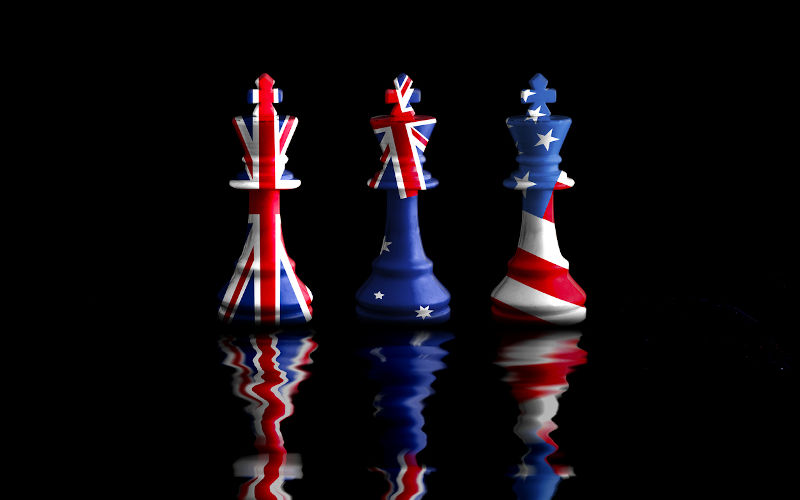
The ‘Senior Advisor and Principal Author’ of our Defence Strategic Review is a Director of the United States Studies Centre
Serious questions must be asked about conflicts of interest among Australian government advisors in both AUKUS and the Defence Strategic Review. (more…)
-
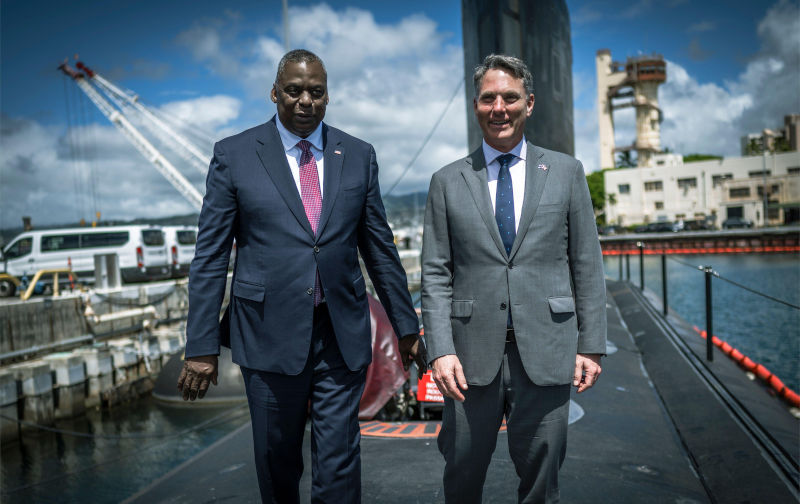
Marles… At least get the spin on the subs right!
As the Government seeks to respond to an increasing number of questions about what it extolls as the game-changing decision to purchase nuclear powered submarines (SSN’s) it has been tweaking the spin about the reasons it has taken for this budget shaking decision. (more…)
-
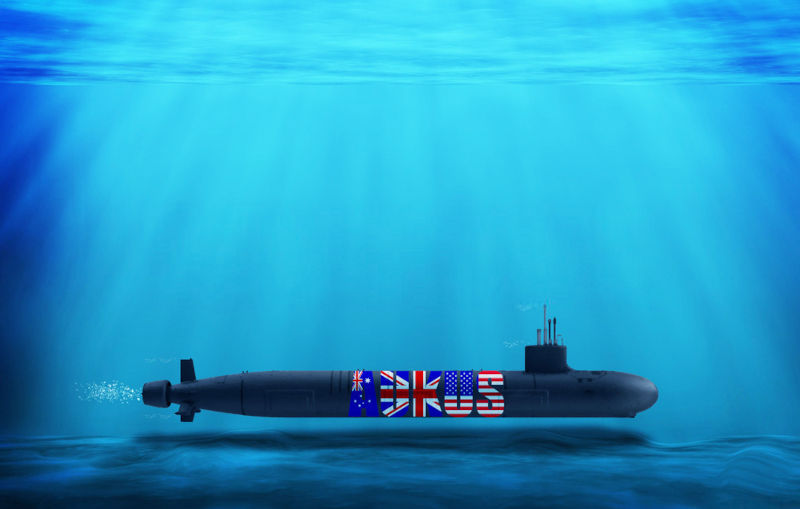
Albanese and the subs: a looming “Goat Rodeo”
Details of the proposed AUKUS submarine deal to be announced next week in San Diego are leaking out all around the world. It seems that it will be much more complicated and expensive than intended at the outset of the path to the Holy Grail of an “optimal” solution. Already there are ominous signs that the three countries cannot even harmonise their rush into PR to launch the program. (more…)
-

Nuclear submarines: from “optimal” to “the best they can get”
The announcement of the Australian Government’s decision on the purchase of nuclear powered submarines is looming and it is timely to take a cold hard look at the “facts” rather than the inevitable spin. The more Prime Minister Albanese maintains this will be a momentous decision for Australia the more it should have been the subject of properly informed public discussion. (more…)
-
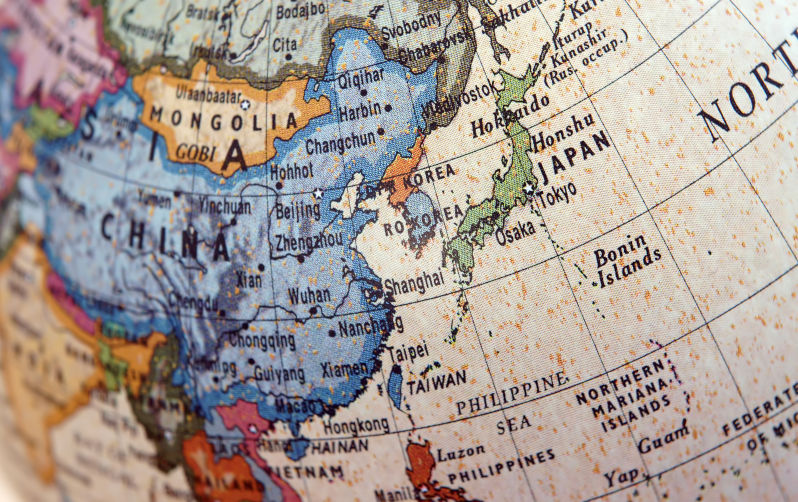
The challenge for 2023: Taiwan and North Korea
It is self evident that the US: China relationship – with Taiwan at its core – will be the most pressing strategic issue for Australia in 2023. (more…)
-
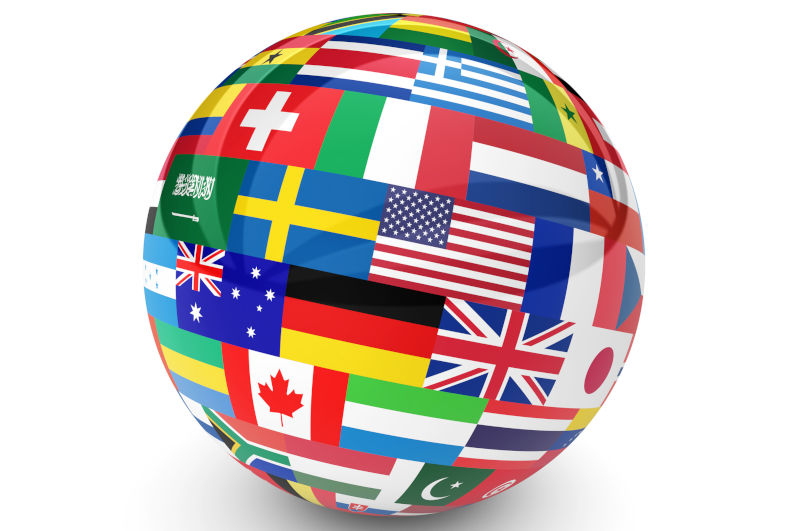
The Defence Strategic Review and the challenge of synchronising with foreign policy.
A reshaped foreign policy for Australia and the Defence Strategic Review are inextricably linked. (more…)
-
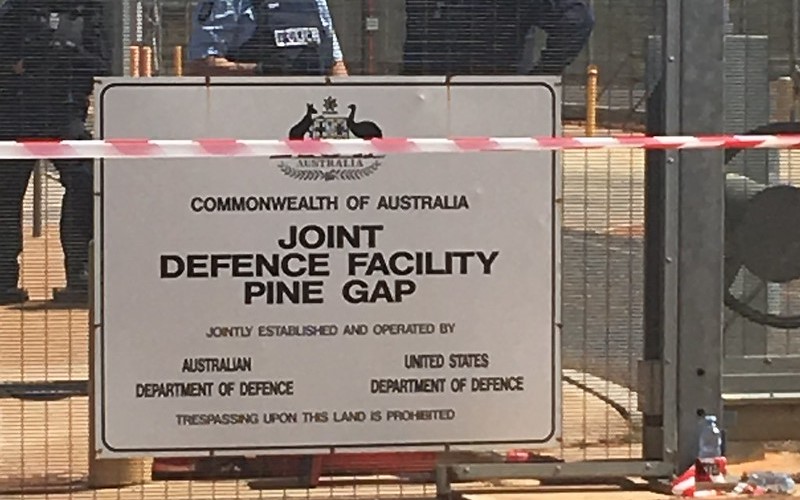
The Defence Strategic Review: Rehash of US influenced orthodoxy?
Prime Minister Albanese is to be commended for announcing, so quickly after his election, the Defence Strategic Review but its real objective is too narrow, its timeline too short and its membership hardly “independent” as claimed. (more…)
-

Albanese – In at the deep end in Tokyo
On his very first day in office, Prime Minister Albanese has seized with alacrity the opportunity to travel to Tokyo for the Quad meeting to announce his presence on the international stage. (more…)
-

The Philippines – another Marcos presidency
After a long and tortuous journey, even for the Philippines, the elections outcome is in little doubt. Bong Bong Marcos (BBM as he is known) is so far ahead in the opinion polls you can “put down the glasses” and his running mate – Sara Duterte (Mayor of Davao and the incumbent President’s daughter) – likewise in the Vice Presidential race. What lies ahead?
It has been a quintessentially Philippines process getting to this point. The eventual pairing of BBM and Sara Duterte was certainly not what Duterte Sr. had in mind at the outset. He wanted his daughter to run for the Presidency in her own right and was lining up his still considerable influence to support her. But she has not always been on the same wave length as her father. He initially decided he would run as a Vice Presidential candidate alongside his long time chief advisor ( Bong Go) against his daughter but then switched to running for a Senate seat only to back out of that later.
With a typically long list of contenders, the running has been essentially left to BBM and the current Vice President – Leni Robredo – leaving unclear where Duterte Sr.’s support has moved. He has continued to express concern about his daughter’s decision and been outrightly critical of BBM – including alleged connections with the communists which may relate to BBM’s seeking to maintain balance between the Philippines ‘ relations with China and the US! Characteristically the final days of the election campaign have been dominated by claim and counter claim between the leading camps with little bearing on policy issues.
In all of this one needs to bear in mind the old adage among Philippines watchers : “there are no secrets in the Philippines but determining the truth is often almost impossible”! The hyperactive and gutsy media feed off the swag of gossip (chismis) swirling around such a colourful community. So for Robredo there have been claims of support from the Catholic Church ( at least one bishop attended her rallies), from the Americans ( she is more likely to be accommodating on a tougher policy towards China ?) and at the same time because she has had connections with the communists and so on. She will likely have support also from the extensive and activist local NGO population with their own international connections. But none of that is likely to be anywhere enough for her to win. The Philippines being the Philippines this could lead to some acrimonious debate about the integrity of the elections in which almost certainly there will be reason for some concern but unlikely to be significant.
Not surprisingly, much of the international commentary about the implications of a BMM victory is dominated by the backdrop of US pressure for the Philippines to return to the fold of its treaty commitments to Washington and line up against China ! More of that later, suffice it to say that for Australia especially there is much more at stake. The next Philippines administration will face some daunting challenges – some old, some new. How they manage them will be integral to our important national interests in the region as well as to our increasingly more active Filipino community in Australia.
One immediate challenge for BMM could well be the Catholic Church which, with over 85% of the population, remains a powerful influence in the Philippines. Under the indomitable Cardinal Sin, the Church played a crucial role in the EDSA “people power” revolution and in recent years some of its senior bishops have been at the forefront of opposition to Duterte Sr.’s violent anti-drug campaign and increasing encroachment on civil liberties. The new Cardinal of Manila – appointed last year by Pope Francis – is a protégé of Cardinal Sin but presents as a very different character – a “listener” and a surprise choice over another much more activist bishop. BBM has become quite vocal in recent weeks about what he claims as Church meddling in the election campaign but how successful the Church may be in opposing BBM has yet to show in the opinion polling. The other leading “churches” in the Philippines, who are very successful crowd raisers – for the most part have lined up behind BBM.
The Marcos brand has been a feature (not necessarily negative) of Philippine politics ever since Marcos Sr was exiled. Imelda prevailed on Cory Aquino to let her return to the Philippines and engage in a series of political forays – with mixed success. Cory and Sin maintained the rage but over time she became part of the Philippines political kaleidoscope as her family successfully took up the reins. Even at her lowest ebb, Imelda could get a crowd out with the traditional Marcos blandishments. With BBM from the north and Sara Duterte from the south the pair have been polling high in all regions.
While international attention has been preoccupied with the horrors of Duterte Sr’s government the scene on the economic front has been brighter. In March 2022 the World Bank commented in the following terms :
“The Philippines has been one of the most dynamic economies in the East Asia Pacific region. Average annual growth increased to 6.4% between 2010-2019 from an average of 4.5% between 2000-2009. With increasing urbanization, a growing middle class, and a large and young population, the Philippines’ economic dynamism is rooted in strong consumer demand supported by a vibrant labor market and robust remittances….. The Philippine economy has also made progress in delivering inclusive growth, evidenced by a decline in poverty rates and its Gini coefficient. Poverty declined from 23.3% in 2015 to 16.6% in 2018 while the Gini coefficient declined from 44.9 to 42.7 over the same period.However, the COVID-19 pandemic and community quarantine measures imposed in the country have severely impacted economic growth and poverty reduction. …Nevertheless, the economy has started to recover with a 5.6% year-on-year expansion in 2021, buoyed by public investment and a recovery in the external environment. With continued recovery and reform efforts, the country is getting back on track on its way from a lower middle-income country with a gross national income per capita of US$3,430 in 2020 to an upper middle-income country (per capita income range of US$4,096–US$12,695) in the short term.” The question will be whether BBM can continue on this track.
On the international front BBM has already been under the pump from both the Americans and Chinese but so far has sought to maintain a balance between both. Over the past year Duterte Sr. had softened his opposition to the US regaining some of its former treaty arrangements and US reporting has begun to line up the Philippines on Washington’s side in the heralded “competition” with China. Details were rushed through to transfer the former US Navy’s Subic base which had been given up by the South Korean leaseholders.
Beijing was quick to respond through a phone call by President Xi. in which he told Duterte Sr.
“International developments prove once again that regional security cannot be achieved by strengthening military alliances and China is willing to work with the Philippines and countries in the region … to keep the leadership of regional security firmly in its own hands and to jointly maintain the hard-won peace and stability in the region”. Xi said China would maintain “continuity and consistency” in its policy towards the Philippines and the two sides should continue to work together on Covid-19 vaccine development, public health, infrastructure and trade. Duterte said the Philippines was willing to work with China on pandemic prevention, trade, infrastructure and tourism and would work with China to “properly deal with South China Sea issues to set an example for peaceful resolution of disputes while maintaining regional peace and stability”. But his writ runs out in a few days !
In a case of exquisitely poor timing President Biden is to hold a special US:ASEAN Summit in Washington 3 days after the Philippines elections thereby losing the opportunity for Biden to meet the new President. Washington (and Canberra) will need to tread carefully in early contacts with the incoming President to acknowledge the pressures he will be under from all sides on this sensitive issue. He will also be having to review a number of other inherited domestic security issues from the extremely close relationship Duterte had developed with the Philippines military, Duterte’s change to a hard line versus the NPA and recent upsurge of incidents, as well as the approaching elections for the still fragile Bangsamoro Autonomous Region in Mindanao. No doubt he will also have to determine a plan for managing any request from human rights groups in the Philippines and overseas to have Duterte Sr. brought to international trial on the serious charges stemming from his anti-drugs campaign and about which one could expect strong views by Sara Duterte!
-

Ukraine highlights our defence procurement shambles
With the Russian invasion in full swing and the collateral havoc of civilian casualties and mass evacuations before our eyes on TV it is premature to try to draw many firm conclusions about the longer term global implications of the Ukraine situation – let alone for Australia. But there are immediate lessons which should not be buried by the increasingly blatant khaki election campaign by the Coalition already descending on Australia. (more…)
-

Biden’s Indo-Pacific strategy and China
After a year in preparation, President Biden has eventually issued his Indo Pacific Strategy (IPS) which seeks to present a comprehensive US approach to the region linked back to his pre-election vision of a foreign policy for “middle America”. (more…)
-
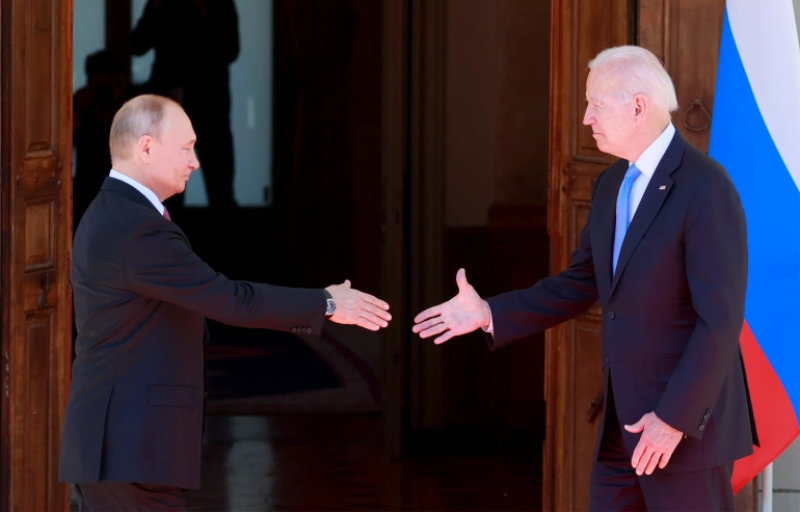
Biden’s honeymoon is over, and 2022 looks daunting
The US president’s first year has disappointed progressive supporters and generated little in the way of positive developments on the world stage.
(more…) -
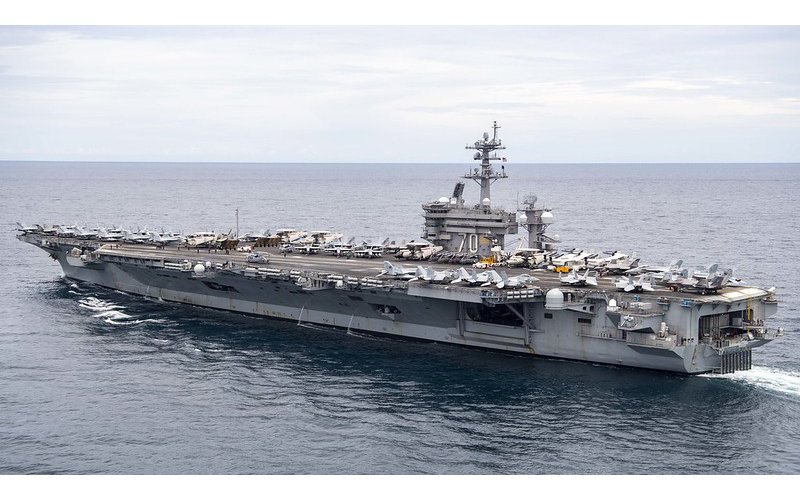
Chinese overflights signal to US rather than threat to Taiwan
Despite the fuss made over China’s recent military exercise over Taiwan, it’s becoming clear that China’s message was actually directed at the United States in response to its recent military drills in the region.
-
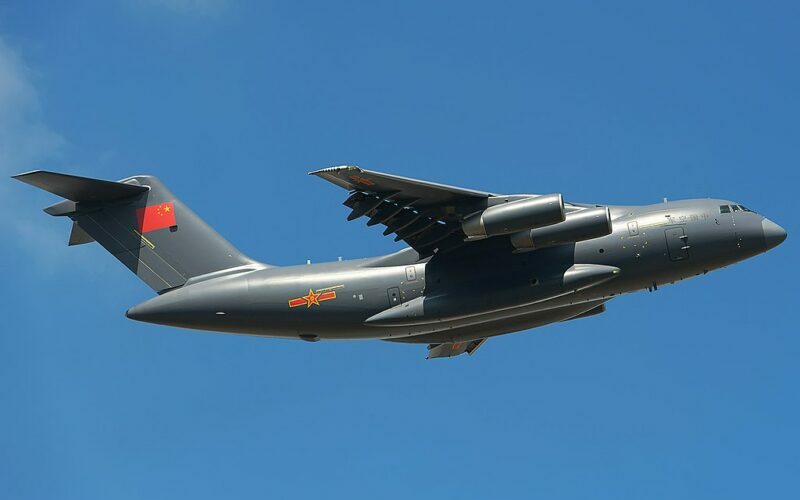
Did China violate Taiwan’s airspace? It’s not that simple
The rush to panicked headlines by the American and Australian media about Chinese military manoeuvres over the Taiwan Strait revealed the shallowness of their understanding of the basic issues involved.
-
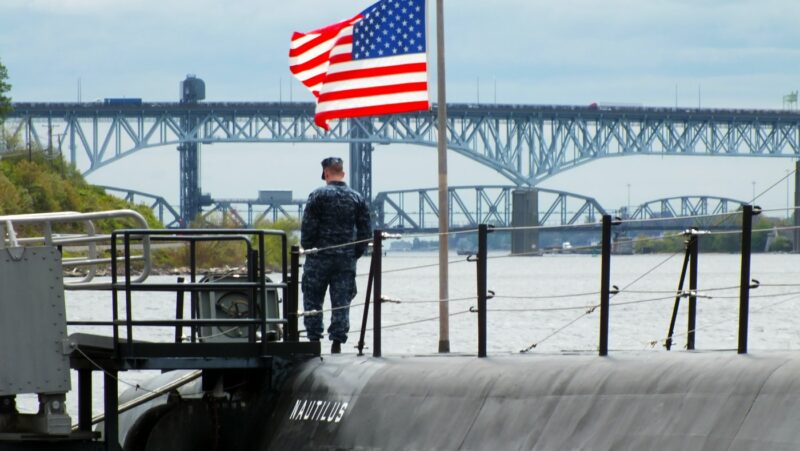
Between AUKUS and AUSMIN, Australia has crossed the rubicon
Through the combination of AUKUS and AUSMIN, Australia has locked in its strategic dependence on the US — probably irreversibly, or in Prime Minister Scott Morrison’s words “forever”.
-
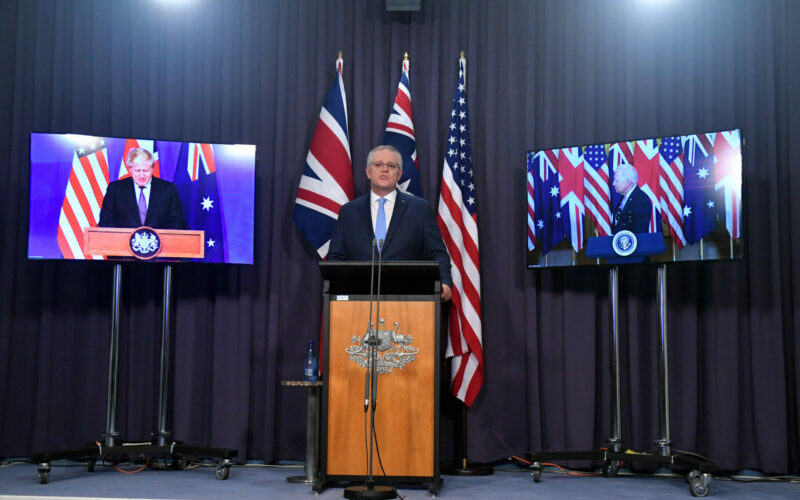
AUKUS and submarines: Just what are we doing?
There has been so much commentary on the new AUKUS arrangements, especially the cancellation of the long-running submarine contract with the French. It’s timely to strip back all the hype and examine more closely what it all means.
-
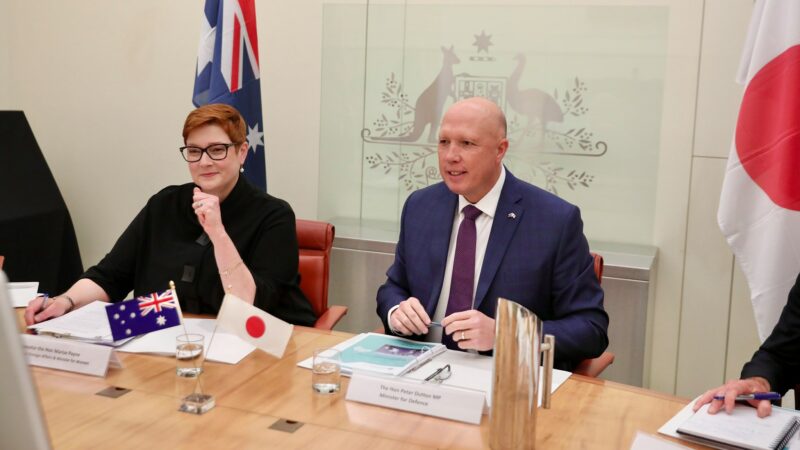
Australia should learn from Korea on managing a relationship with China
China was the elephant in the room for the discussions Marise Payne and Peter Dutton had with their Korean counterparts in Seoul. Korea’s extremely complex bilateral relationship with China is so different from our own. (more…)
-
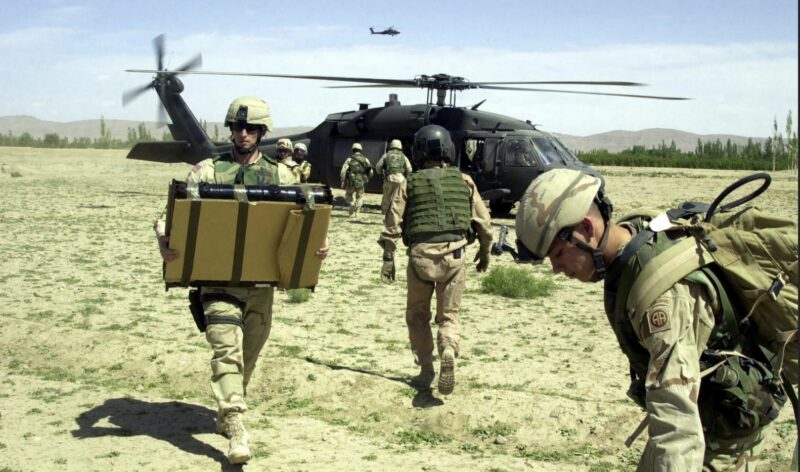
Five Eyes on the Afghan collapse-one eyed or blind?
The catastrophic failure of US and coalition intelligence in Afghanistan offers serious food for thought about the extent to which Australia relies on the vaunted Five Eyes arrangements.
